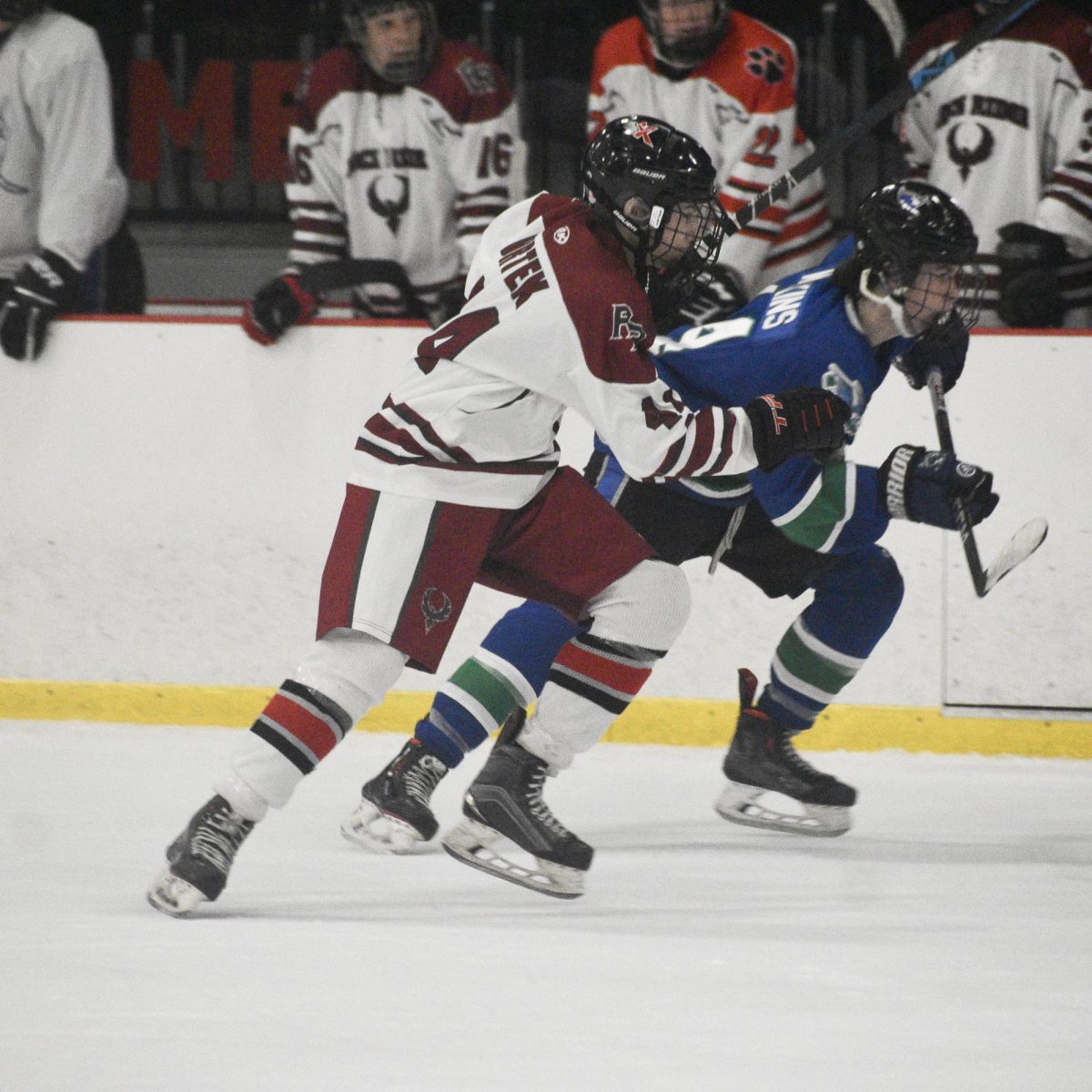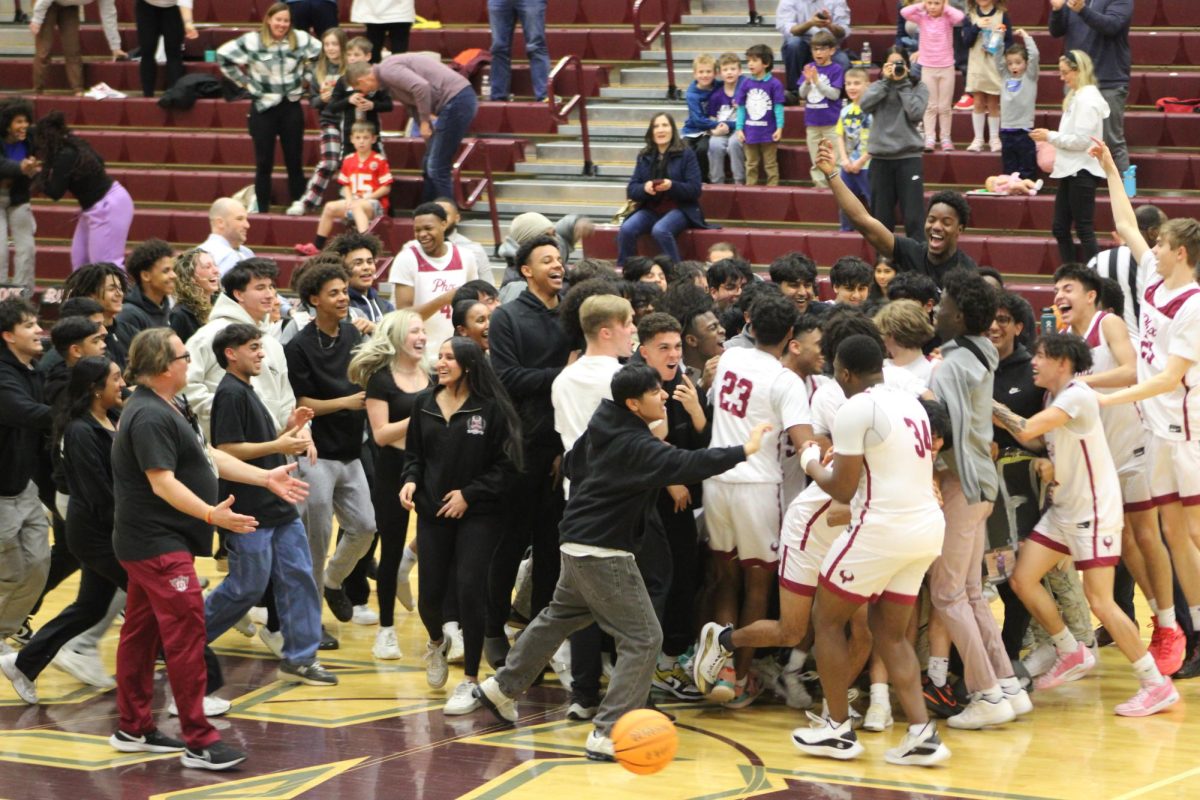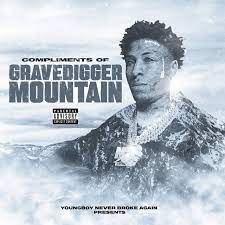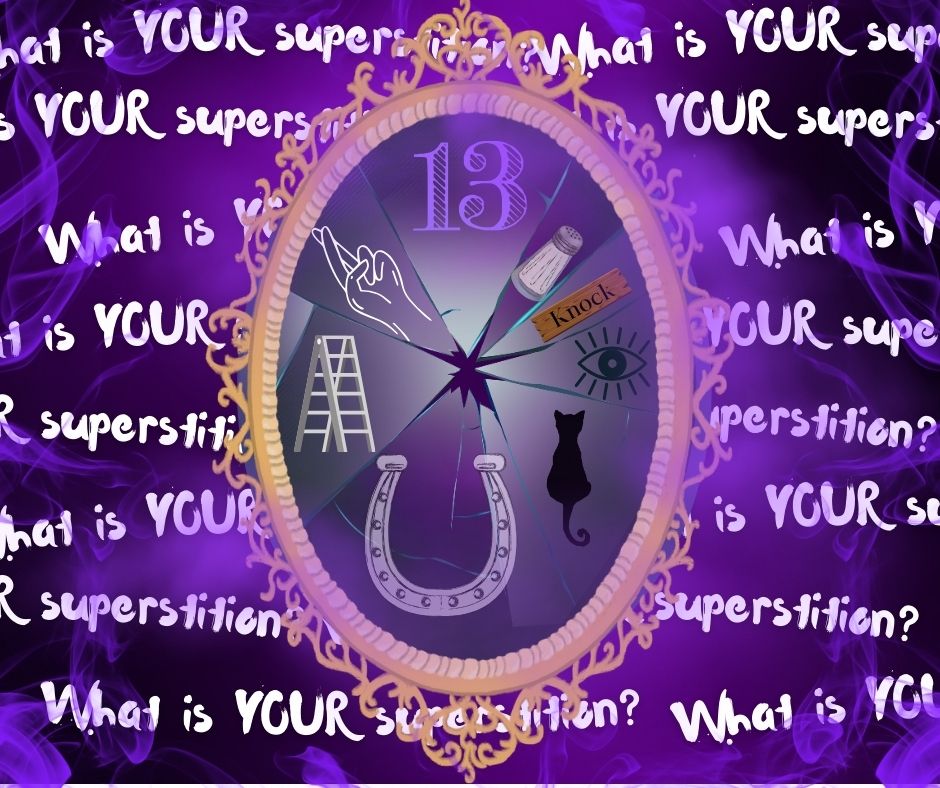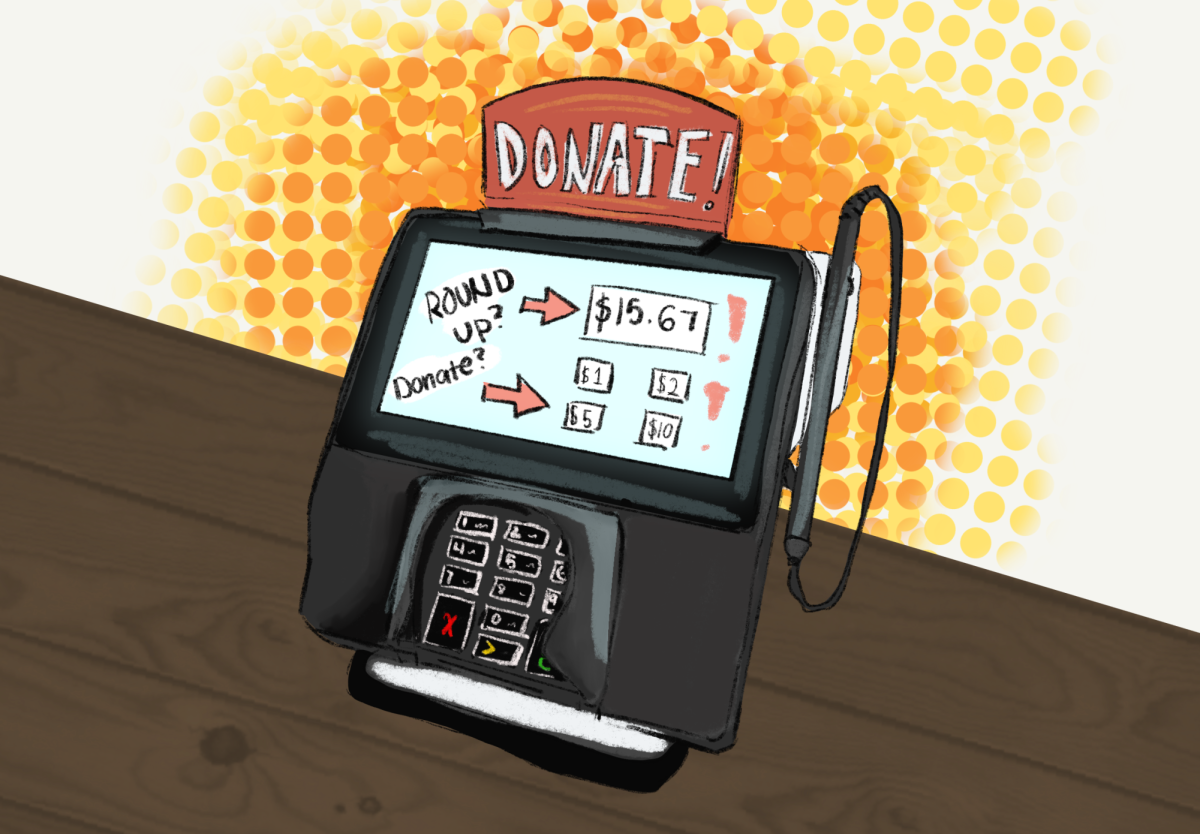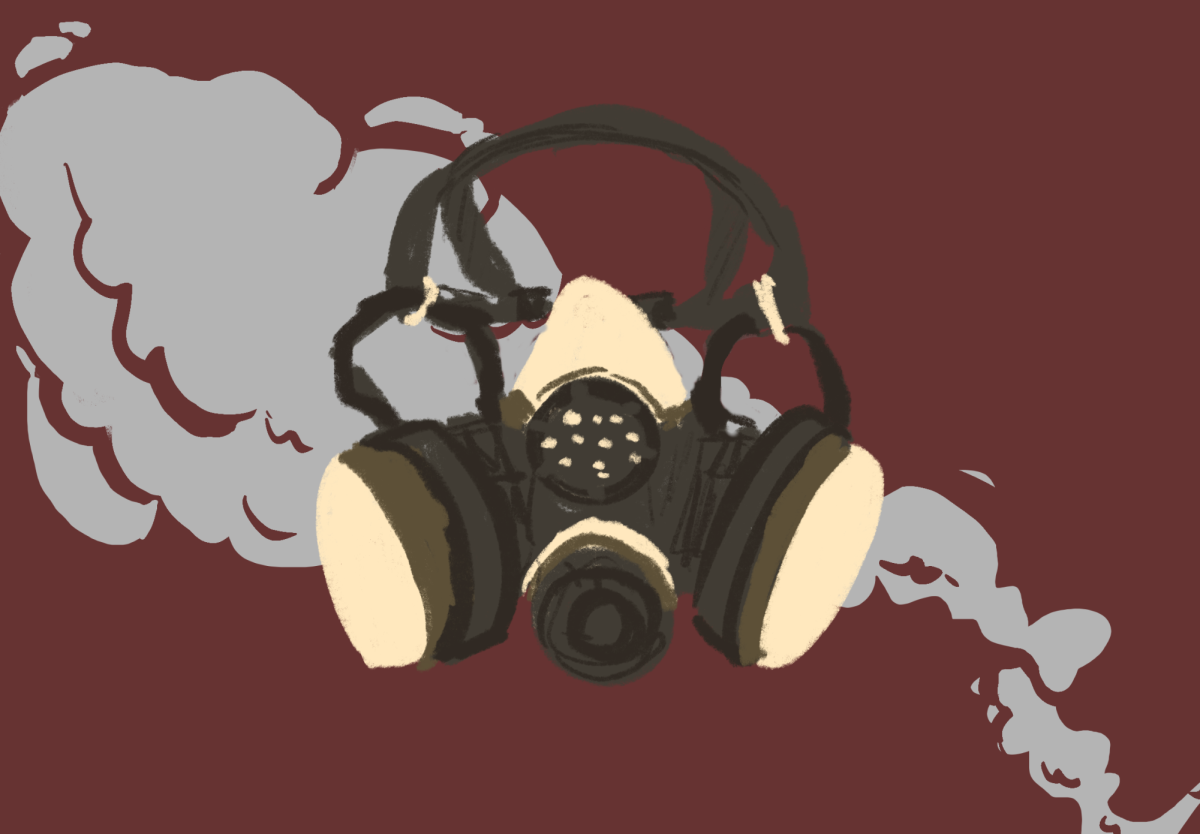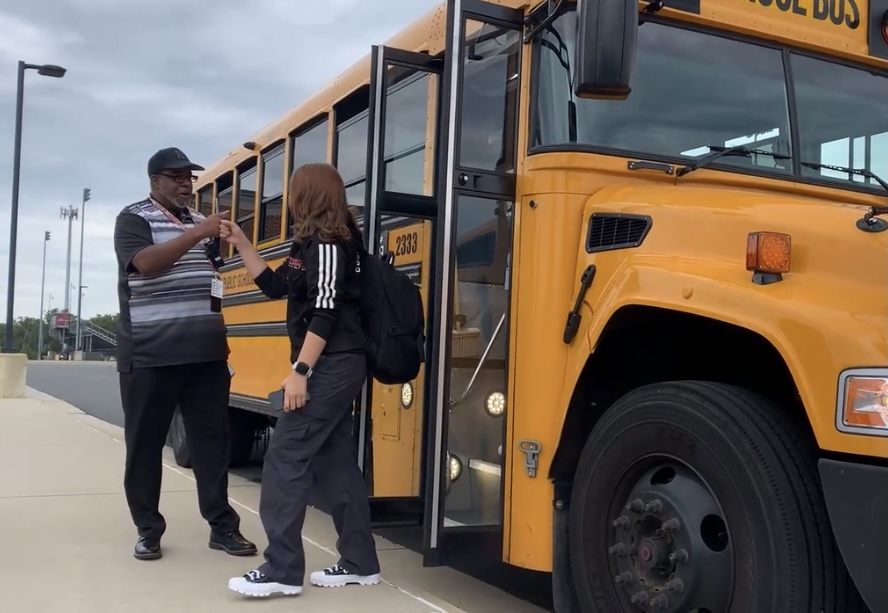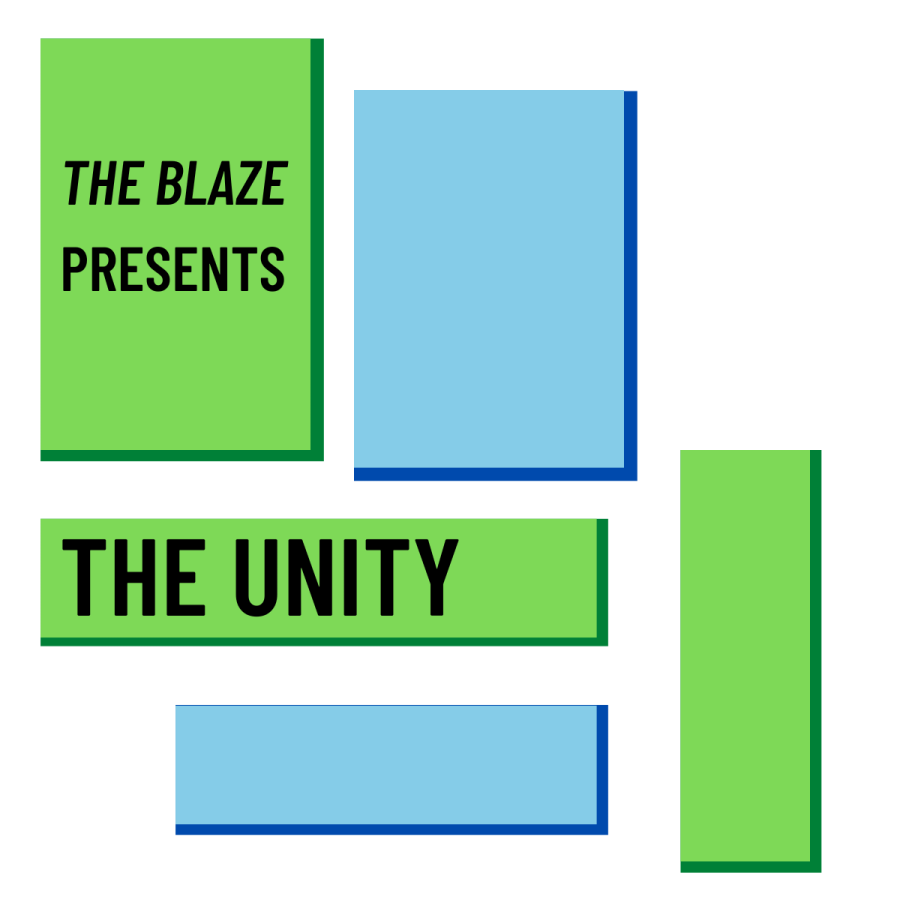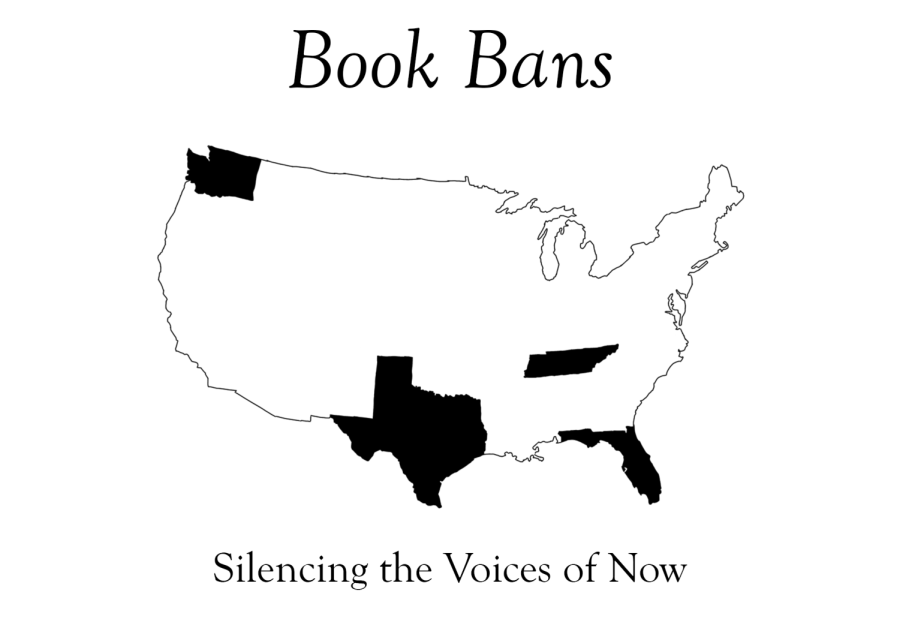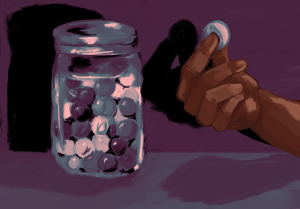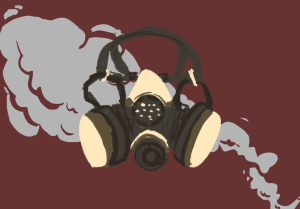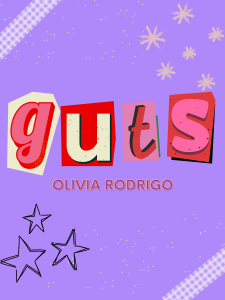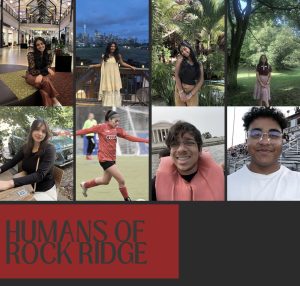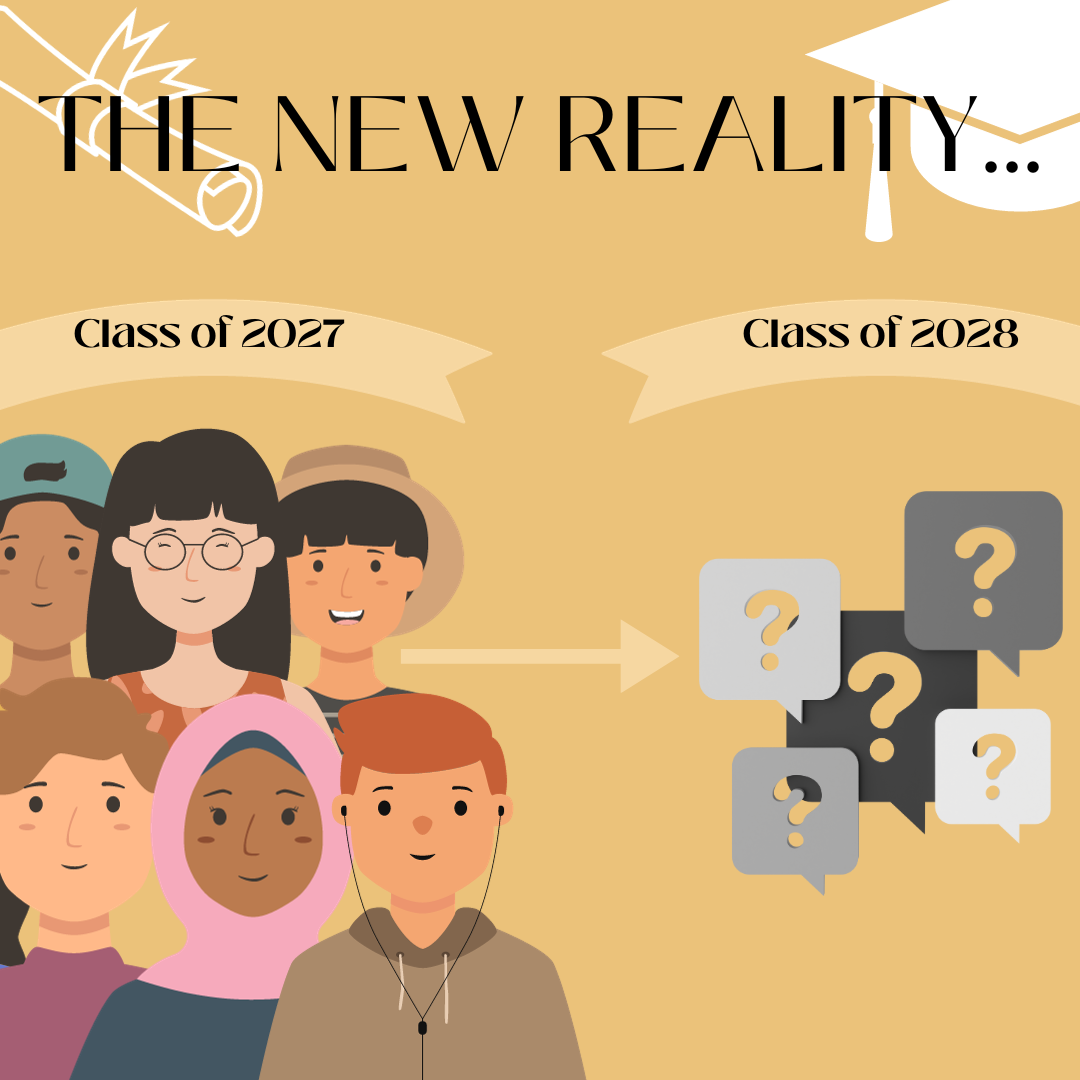“What’s your favorite word and why?” and “What website is the internet missing?” were just a few of the several writing prompt options given to students applying for admission to the University of Virginia in last year’s application cycle, allowing them to provide a deep dive into their personality. Now, one singular inquiry requires students to reflect on the surroundings that shaped them: “What about your individual background, perspective, or experience will serve as a source of strength for you and those around you at UVA?”
This shift away from a creative response and towards queries about student backgrounds is not only happening at UVA, but also at thousands of higher institutions across the country, an unfortunate cost brought on by the axing of affirmative action. From its roots in the civil rights movement of the early 1960s, which fought for equal employment opportunity, to the voluntary mass adoption of the practice in the 1970s, affirmative action’s effect on the nation’s college admissions has been prevalent for decades.
While its existence as a consideration for applications has been a hotly debated topic since its inception, the U.S Supreme Court officially overturned the practice of race-conscious college admissions on June 29. This resolution concluded the trial against two highly ranked institutions, with the verdict for the lawsuit against the University of North Carolina reaching a 6-3 majority decision, and the action against Harvard ruling a 6-2 result, as Justice Kentanji Brown Jackson was recused in that proceeding.
The announcement of the decision shed light on the extremely polarized nature of the argument over the original law. Several high-profile conservatives, such as former Vice President Mike Pence—who stated that the policy was “egregious” and “only served to perpetuate racism”—have made their stance on the issue widely known. However, there continues to be extreme backlash from the other side of the aisle, as many liberals felt that affirmative action was a way to counteract systematic and historical racial discrimination against various minority groups.
Although these opinions provide context for the monumental shift, the people who are being directly affected by the change, the Class of 2024, have felt the most blindsided by this choice.
Senior Thandi Hart is alarmed by the repercussions of this reversal for the very groups it was originally meant to help. “I think the [most negative] thing coming from the change is not allowing colleges to see the underprivileged schools, and the hard work that some of the students [produce] from there,” Hart said. “The marginalized people in poorer areas won’t have equal opportunities as people in the richer areas. It will definitely be harder for everyone, especially all POC’s.”
However, in light of the Supreme Court decision, some have viewed affirmative action as an “unfair advantage” to those a part of historically underrepresented minority groups. When the Students for Fair Admissions organization (SFFA) sued Harvard on behalf of several Asian American students, a group that also falls under the umbrella classification of “minority,” the conversation got more complicated. For legislation meant to provide all ethnic groups the same chances, many Asian Americans have consistently felt that they are the ones being discriminated against by the law.
Senior Aishwarya Salur says she has felt the cutthroat competition that many people in the Asian American and Pacific Islander (AAPI) community seem to have against each other, but argued against the “new normal” affecting all students. “I think it was for the better that they got rid of it, but, at the same time, I’m annoyed by how [colleges have] worked around it by adding so many diversity questions in the form of essays,” Salur said. “I feel like it takes away from what was the only ‘fun’ part of applications, with interesting prompts not only meant for Ivy League schools.”
Since many higher institutions continue to make having diverse representation within their student populations a top priority in admissions, some have begun to use “diversity questions” in applications as a loophole to get around the verdict. However, in doing so, colleges have disregarded the importance of getting to know an applicant’s true character, not just their background.
As the UVA essay prompt limits students to discussions about their upbringing, educational environment, race, gender, etc, the pressure of framing an identity in those specific lenses to what you think a certain college will take a liking to stresses applicants out. How can one explain something that is simply innate about themselves, ingrained in their very being throughout their whole life, within a hard limit of 300 words? Is there even a “right” way to answer such a question that won’t jeopardize admission chances? There is simply no formula for what’s expected from students, only open-ended prompts that leave those trying to answer them “grasping for straws.”
Senior Emily Spielman felt the stress and confusion of having to navigate such a massive change as a part of the first year of students faced with this new reality. “It kind of forces people into that ‘write about your trauma’ box of essay writing, [because] colleges have been making it seem like that is what they’re looking for, almost coming off as if you can’t go to college unless you’ve had a tough life,” Spielman said. “I [miss] the other prompts that schools used to have. They allowed for more creativity and more space to showcase your character.”
Beyond just essay writing and statistics, the end of affirmative action also poses a threat for many students who were previously reliant on it for admissions due to their lack of long term accomplishments and extracurriculars from circumstances outside of their control. The main, often overlooked, group struggling to showcase this academic commitment is children whose parents currently serve in the armed forces, also known as “military brats.”
Senior Adrian Mata, whose parents’ duty has taken him around the world several times, aims to bring more awareness to a group that is too quickly forgotten during such considerations. “A lot of military kids move so frequently—almost every 2,3,4 years—that they never get a chance to get established in a school,” Mata said. “For me, everything I have done in this school has been over the course of two years, and everything I did at my last school was over two years. So, affirmative action helps in that sense for [those] who are losing opportunities from not being grounded in a certain spot for long, and [those] who are minorities who don’t have the same connections. Now that you take away affirmative action, you’re relying solely on the resume that you can build in the short time that you’re in a certain community.”
While the decision has certainly earned an equal amount of backlash as it has support, its ultimate impact goes beyond just racial considerations in applications. With such a monumental precedent suddenly shifting in the $10 billion dollar college admissions industry, some question an even more long-standing factor in acceptances: legacy status. This means that if a member of an applicant’s immediate family attended the college they are seeking admission to, their chances of acceptance are immediately increased, in some cases even quadrupled. This is extremely problematic, however, as many alumni of prestigious universities such as Stanford are often wealthy, white individuals, who were historically not discriminated against during admissions. “To me, legacy status is the way [many] well-off kids with connections get in, who, in some cases, are less qualified than highly knowledgeable minority students who don’t,” Salur said.
It is difficult for many people of color, as well as those of lower income, to have deep family ties with some of the top ranked institutions in the country, as many of them weren’t fully integrated until the 1960s, around the same time affirmative action was established. Without affirmative action, it is increasingly difficult to check the advantage that having legacy status brings, once again, taking away opportunities from many deserving students.
With so many different factors contingent upon the use of affirmative action, it is evident that we are encroaching upon new territory. The decision to suddenly disband a long standing fixture in U.S. higher education leads to a larger issue. After the shift of many colleges to a “test-optional” world only a few years prior, there are simply too many factors an applicant has to consider that makes admissions feel like playing a losing game rather than creating an accurate representation as a candidate. From endlessly scrolling through subreddits for admissions statistics of test-optional vs score sent admits, to social media posts hammering in the need for a passion project, college admissions has never been more of a mixed bag than now.
Although the reversal intended to silence outcrys, this new climate of college admissions may once again stir up the pot. From a large shift in demographics to skewed admissions data distribution sets, there is no predicting what will happen come decision day for the Class of 2024 and onward.


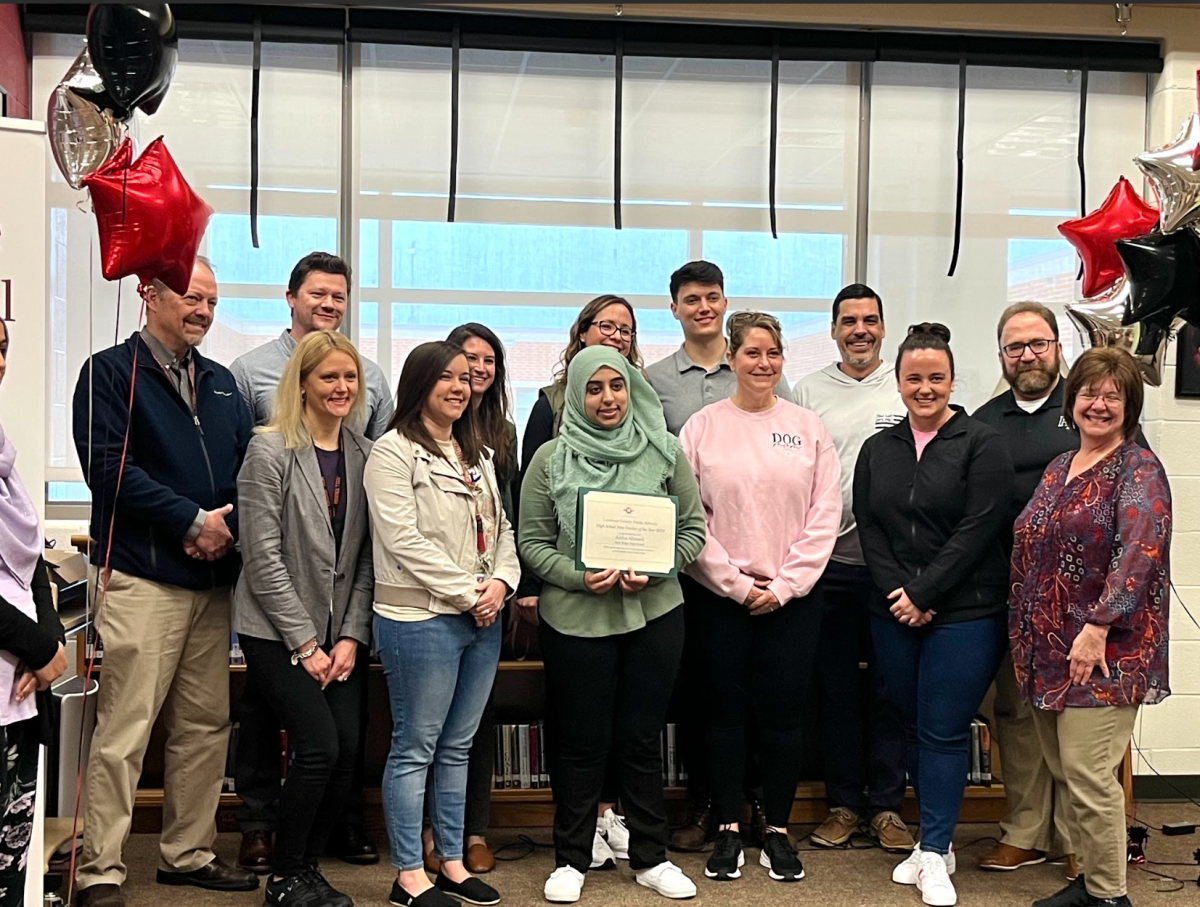
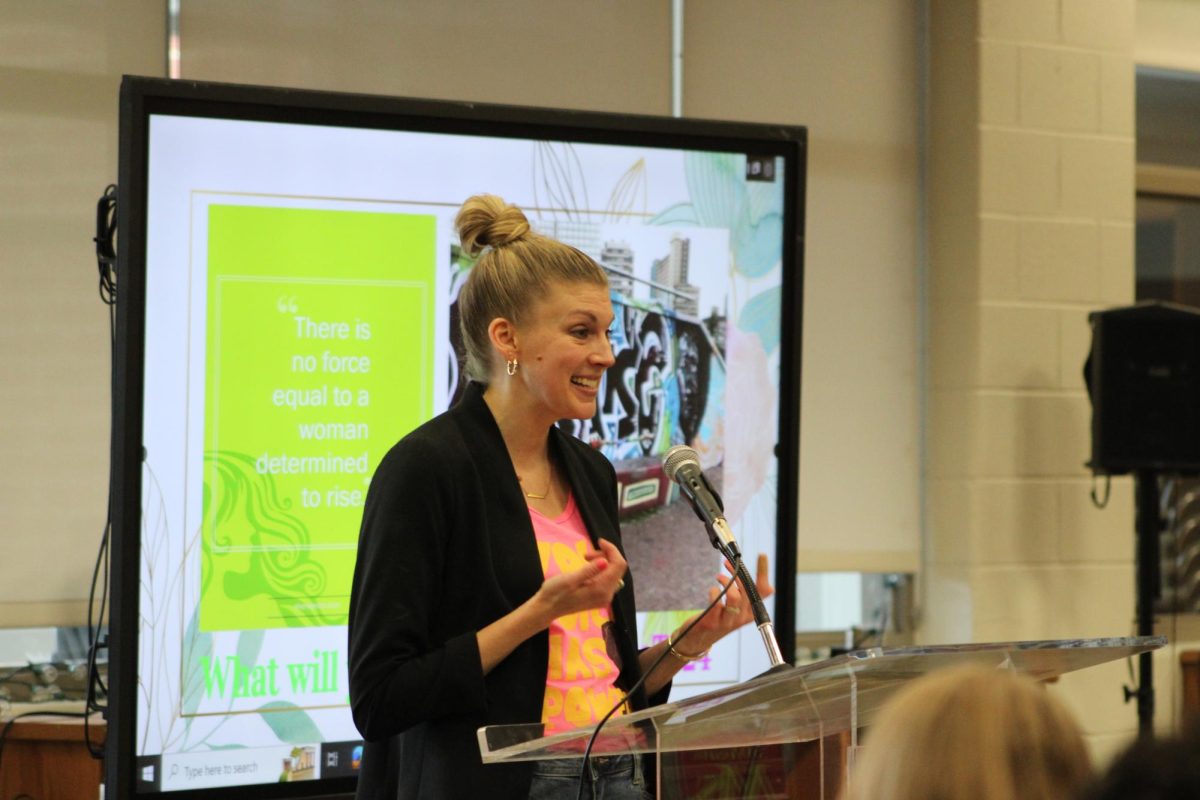
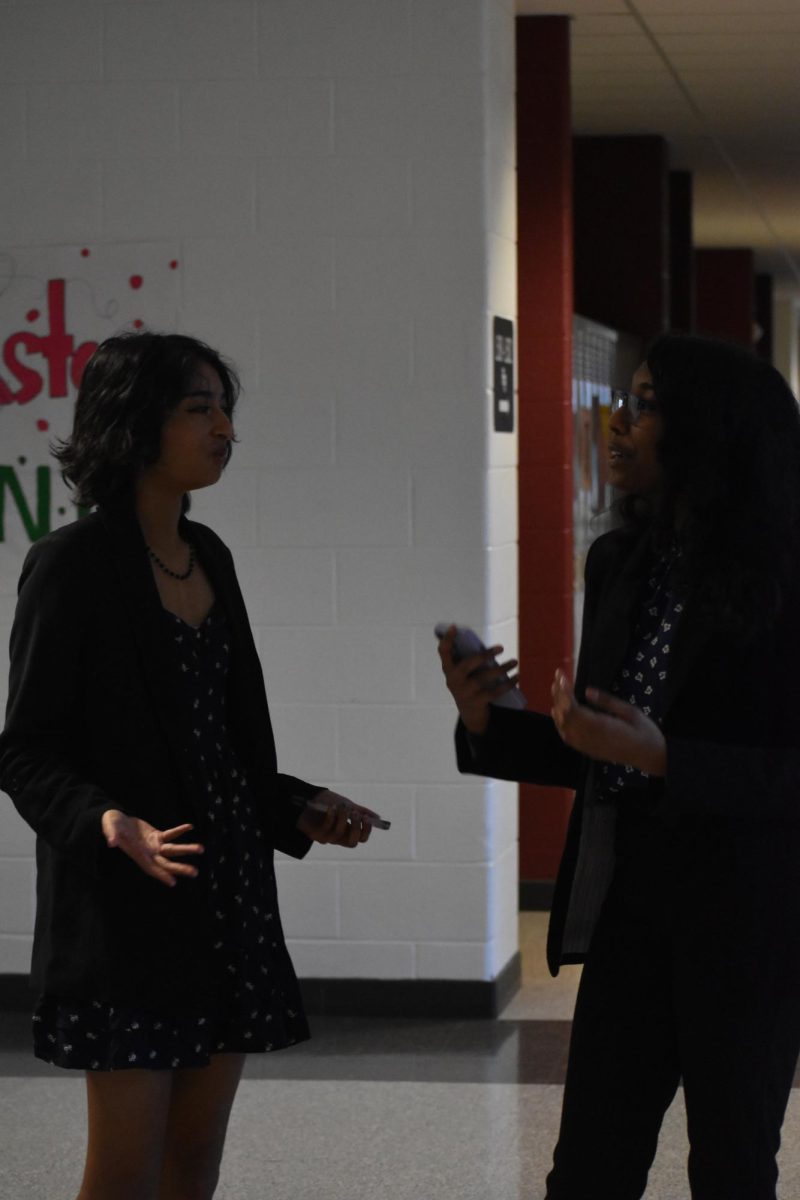
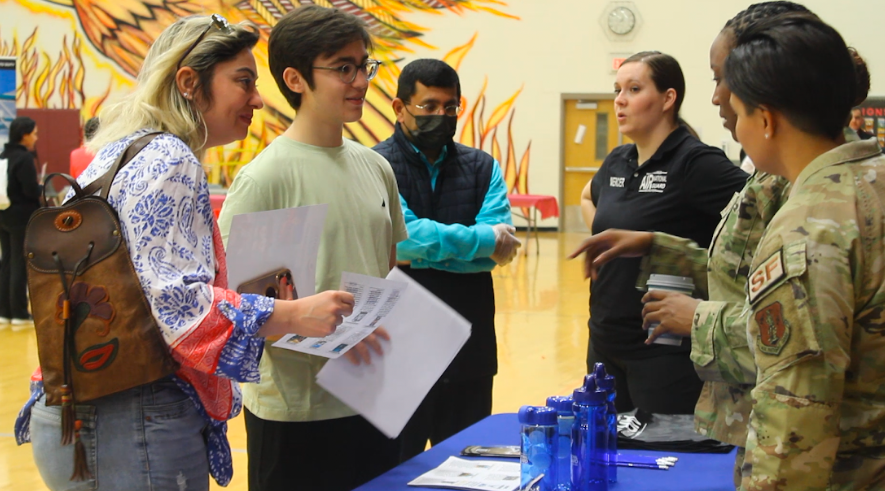
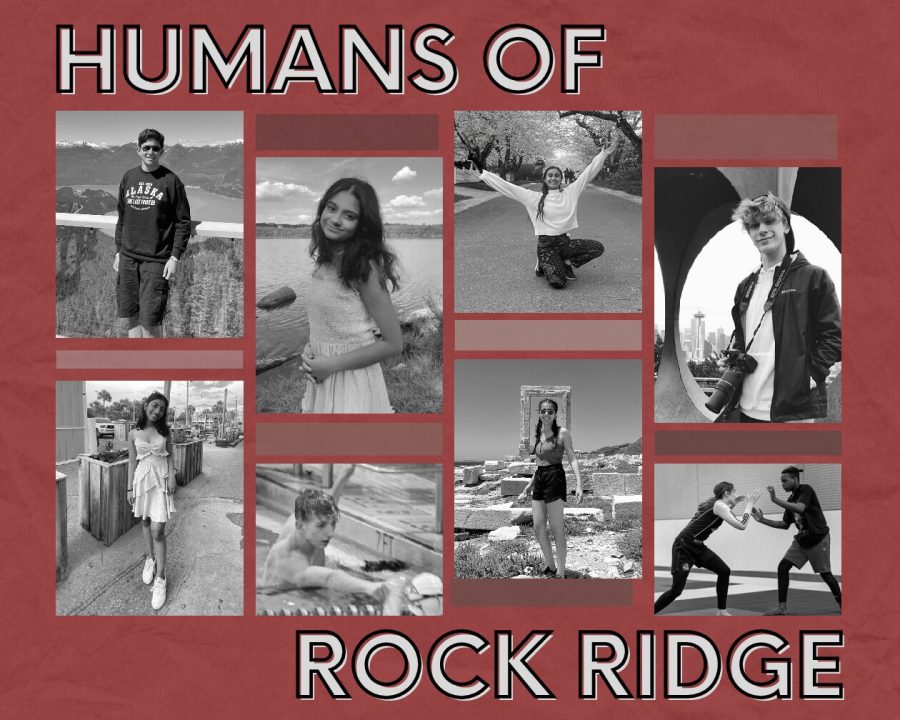
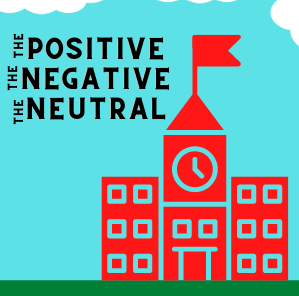
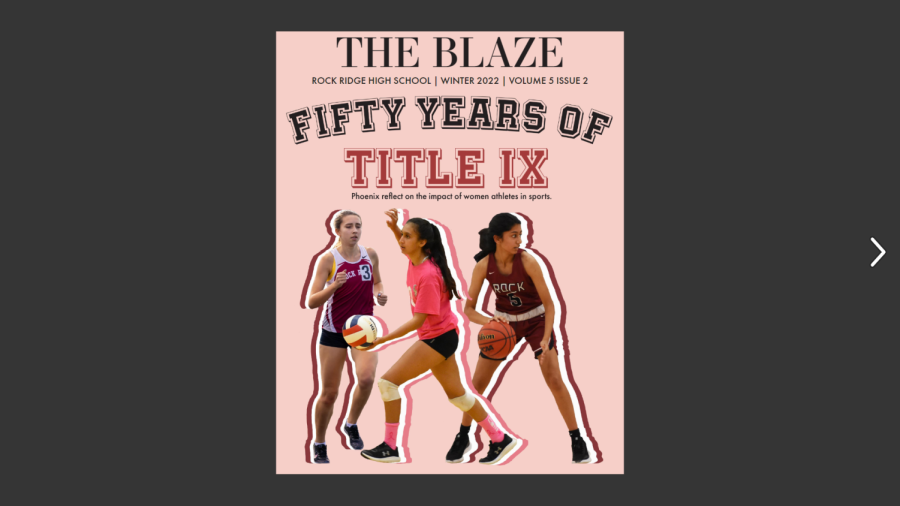
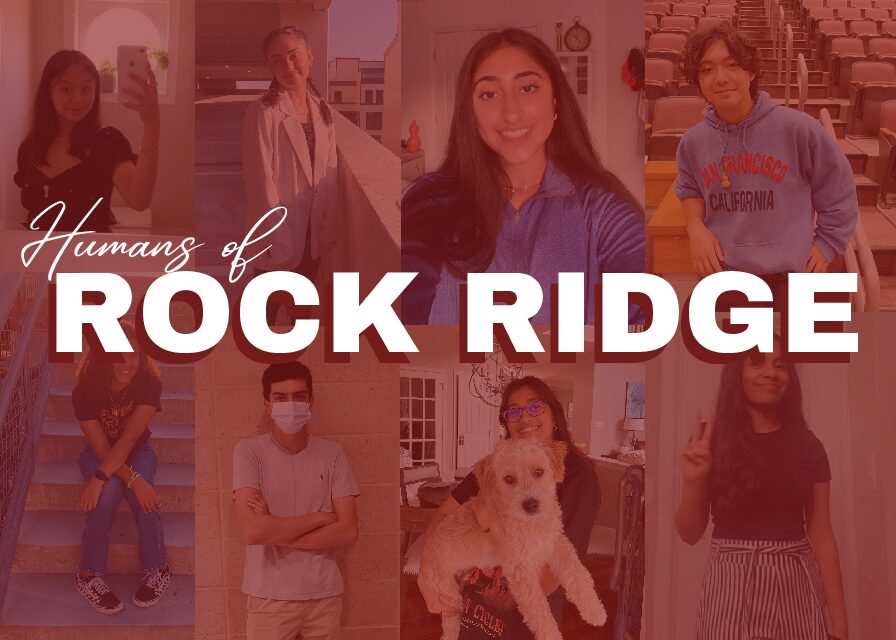
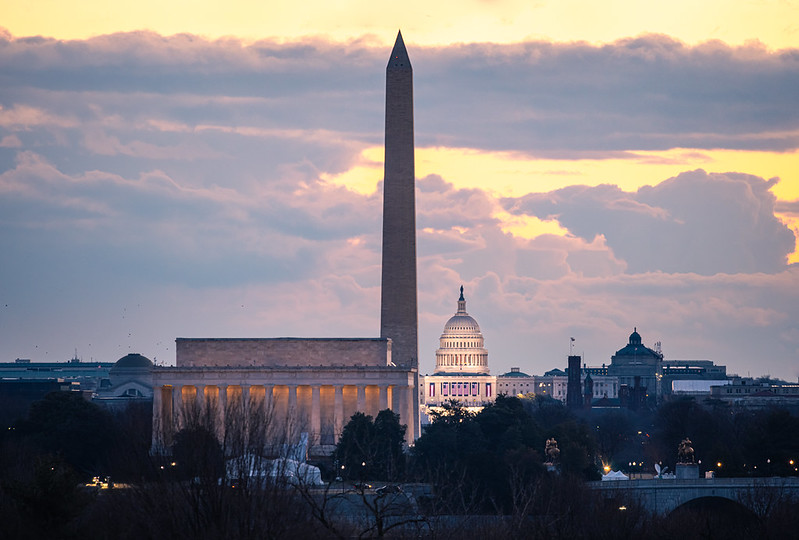
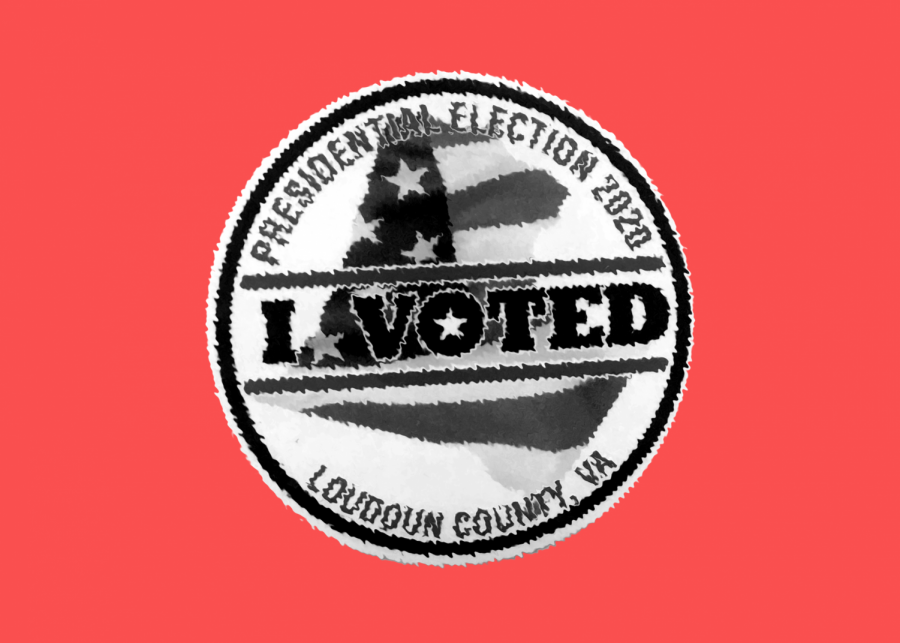
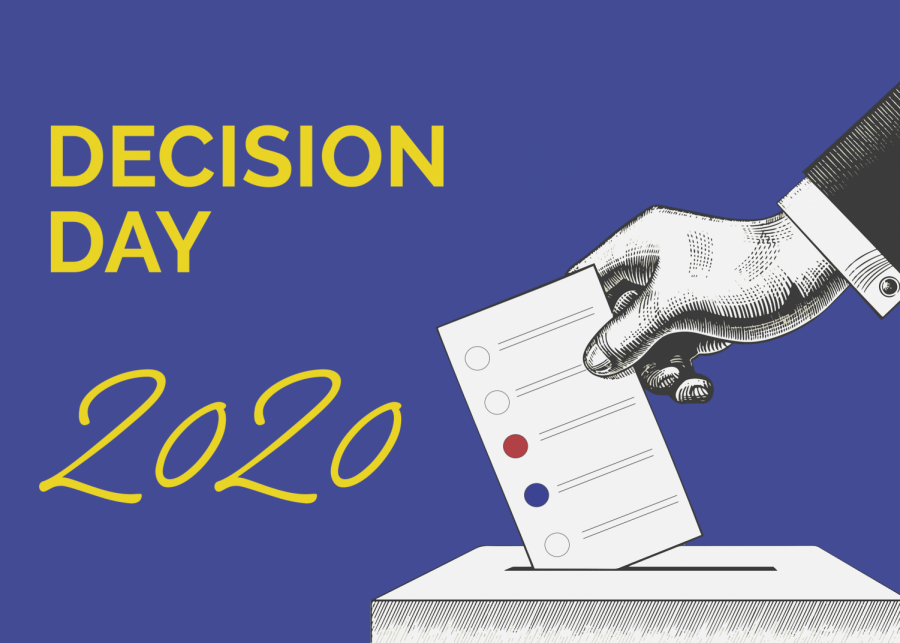
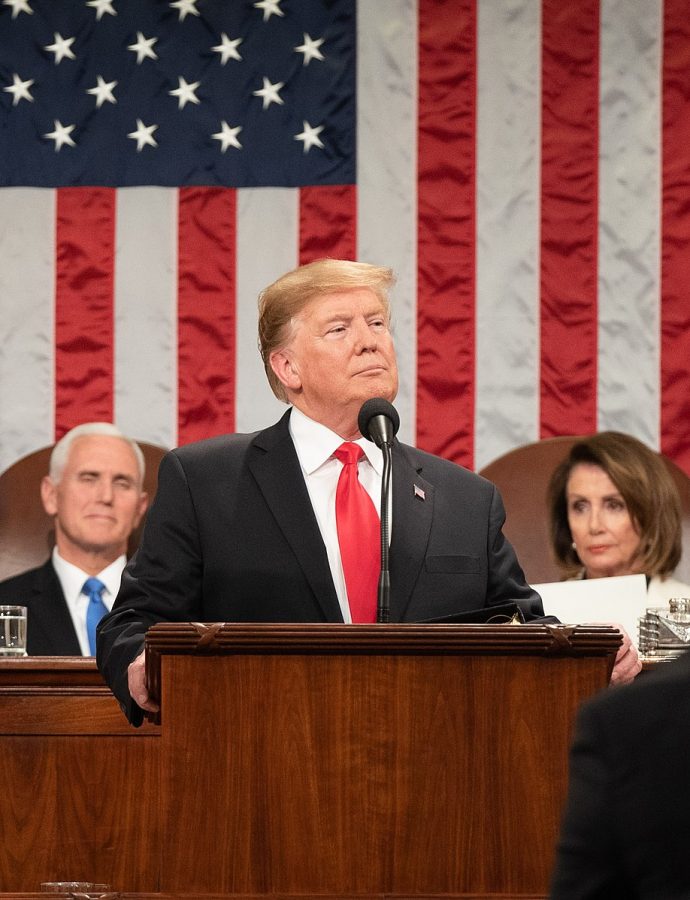
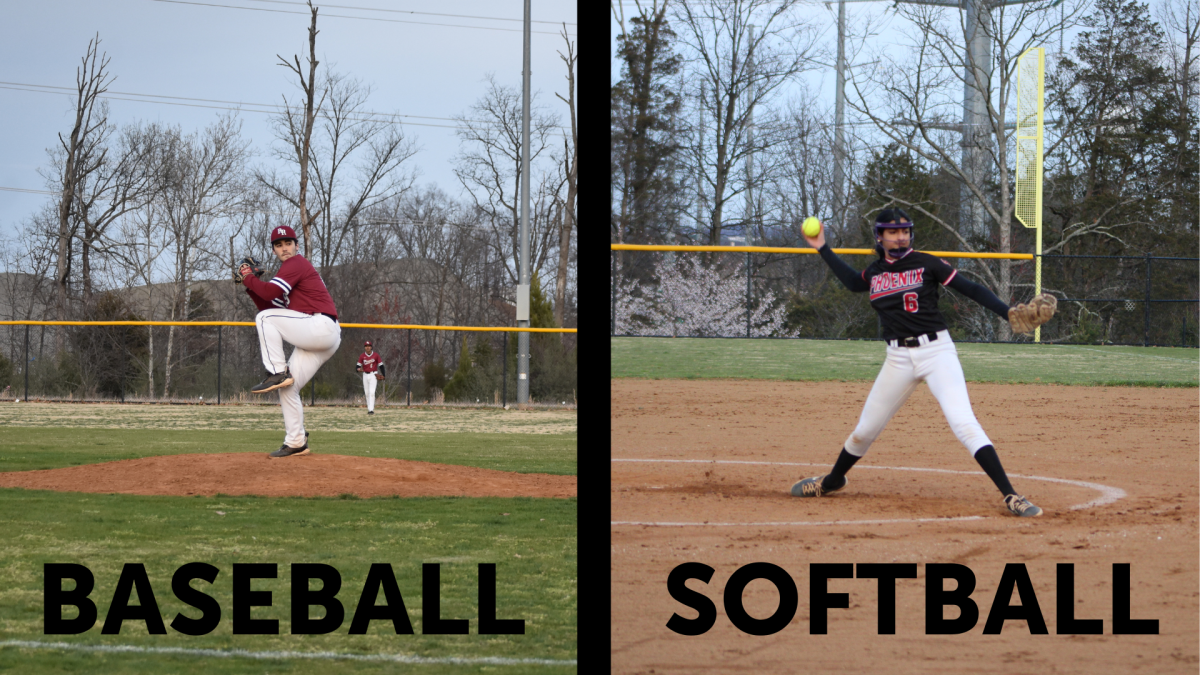
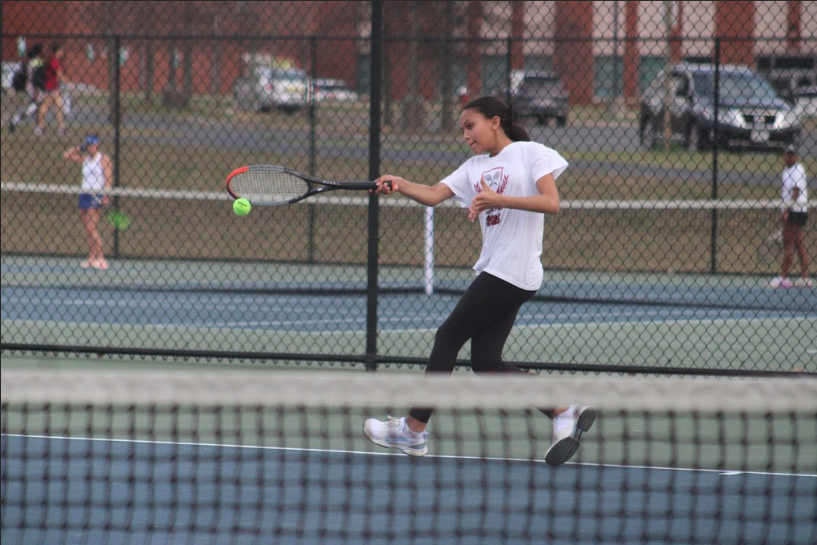
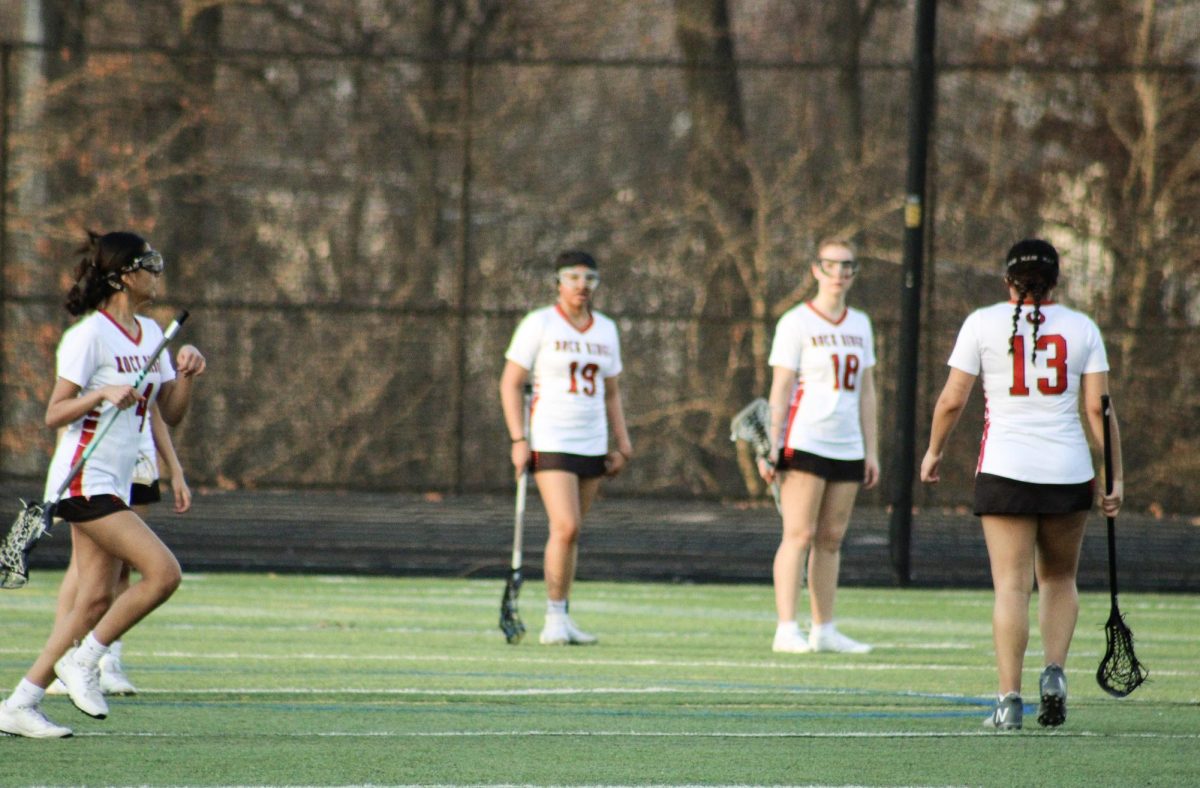
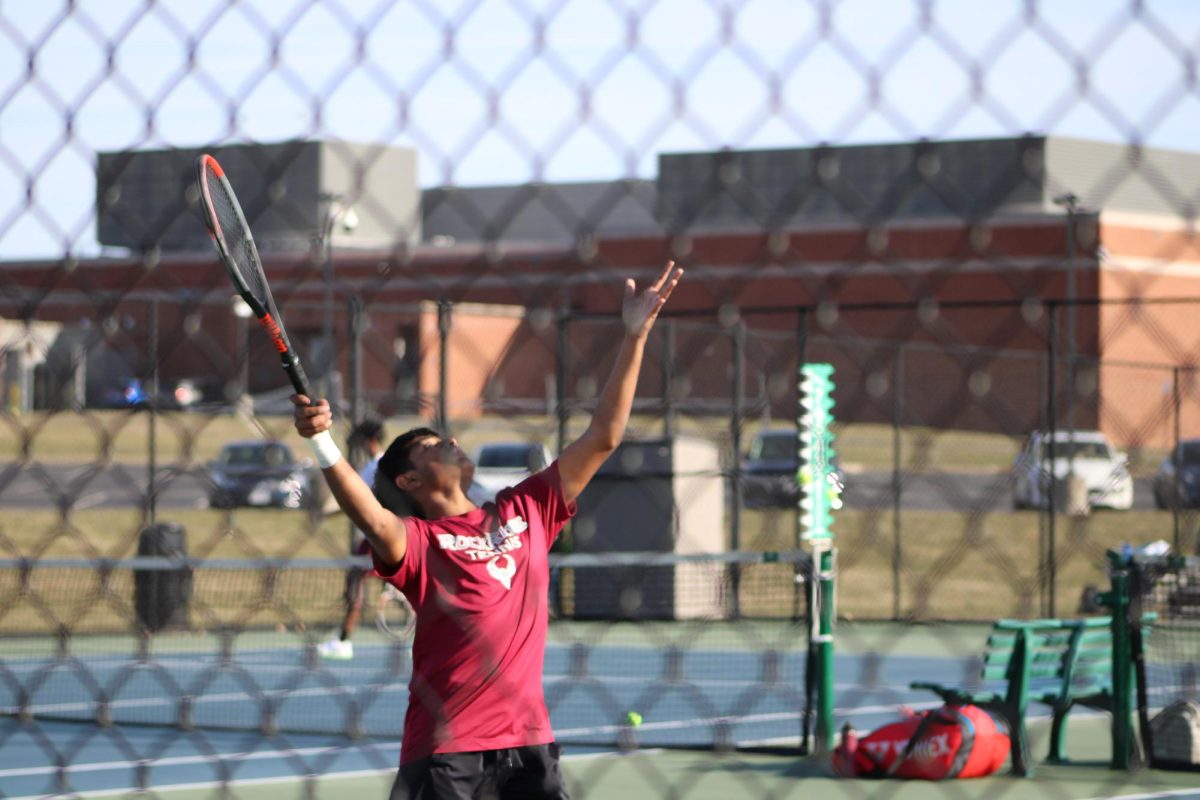
![With the energy and effort the Bolts were bringing to the game, the Phoenix had to step up and match them to make it through their first game of the season. Many of the girls on the team, including freshman Nazly Rostom, have been playing soccer since their childhood and have grown a love for the sport as a result. “It was fun to see how we actually played in a [real] game,” Rostom said. “Even though the outcome was not what we were hoping for, I’m still happy we got to play together.”](https://theblazerrhs.com/wp-content/uploads/2024/04/DSC_0154-1200x800.jpg)
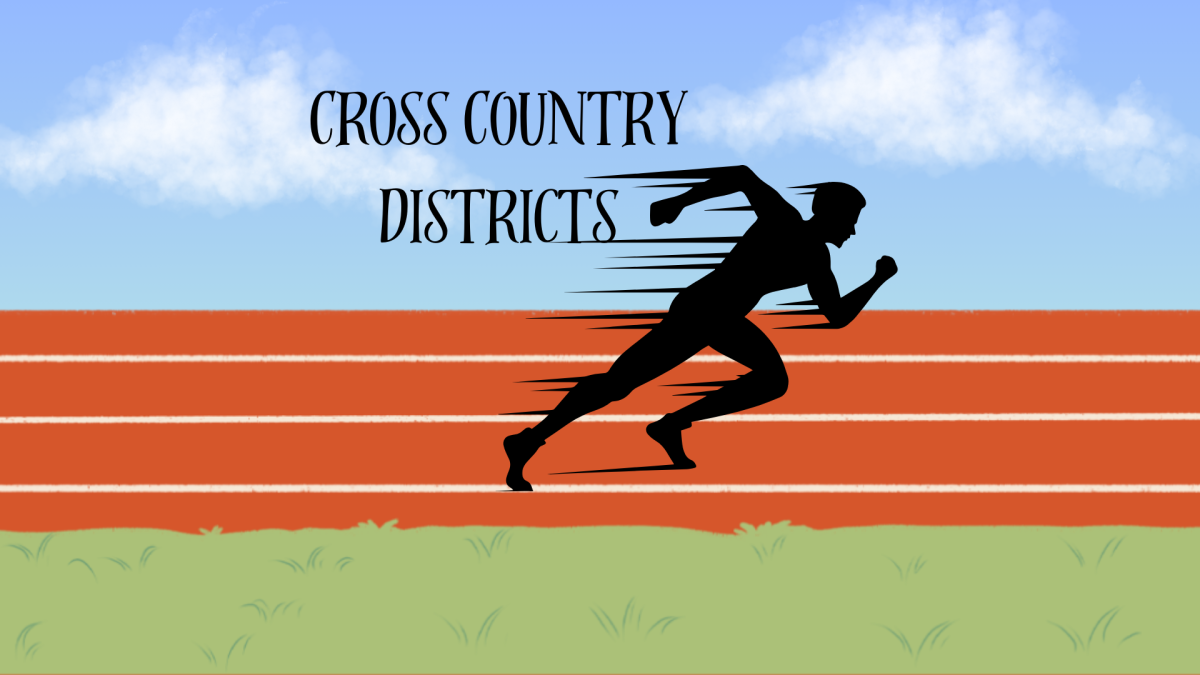
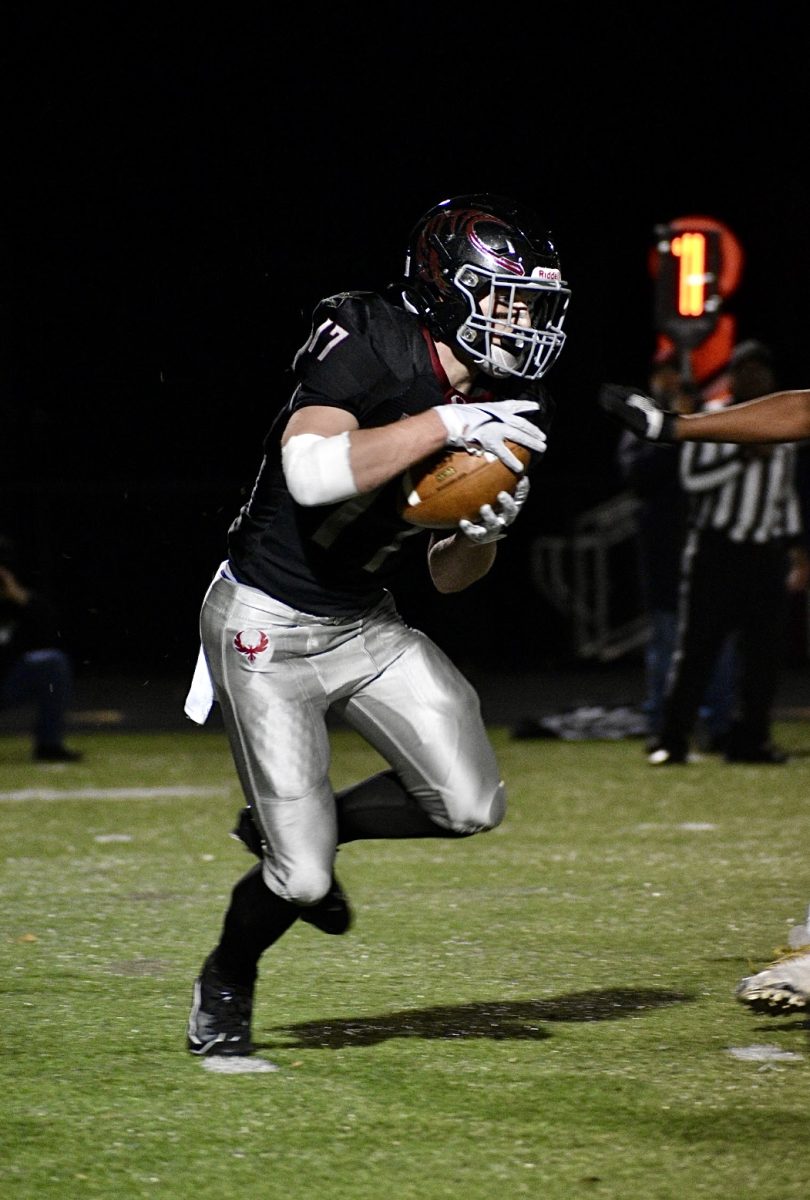
![Held up by a group of cheerleaders, flyer sophomore Leyu Yonas poses as part of a stunt, also supported by flyer junior Shayne Mitchell behind her. (Left) Prior to the pink out football game on Oct. 13, the athletes practiced in the aux gym from 5 p.m. to 6:30 p.m. (Right) On Oct. 19, the cheerleaders competed in their District Championships at Woodgrove High School. “We definitely put all our effort on the mat [at Districts], and it showed,” Mitchell said. Left: Photo by Nadia Shirr. Right: Photo by Steve Prakope via Victor O’Neill Studios.](https://theblazerrhs.com/wp-content/uploads/2023/11/feature-image-1200x823.png)
![Sophomore Xavier Smith (6), the Phoenix quarterback, runs the ball as his teammates help hold up the defense. “My [offensive] line collapses, so I just [have to run], and its a good way to get first downs because [Tuscarora’s] defense was really good,” Smith said.](https://theblazerrhs.com/wp-content/uploads/2023/11/IMG_5383-1200x897.jpg)
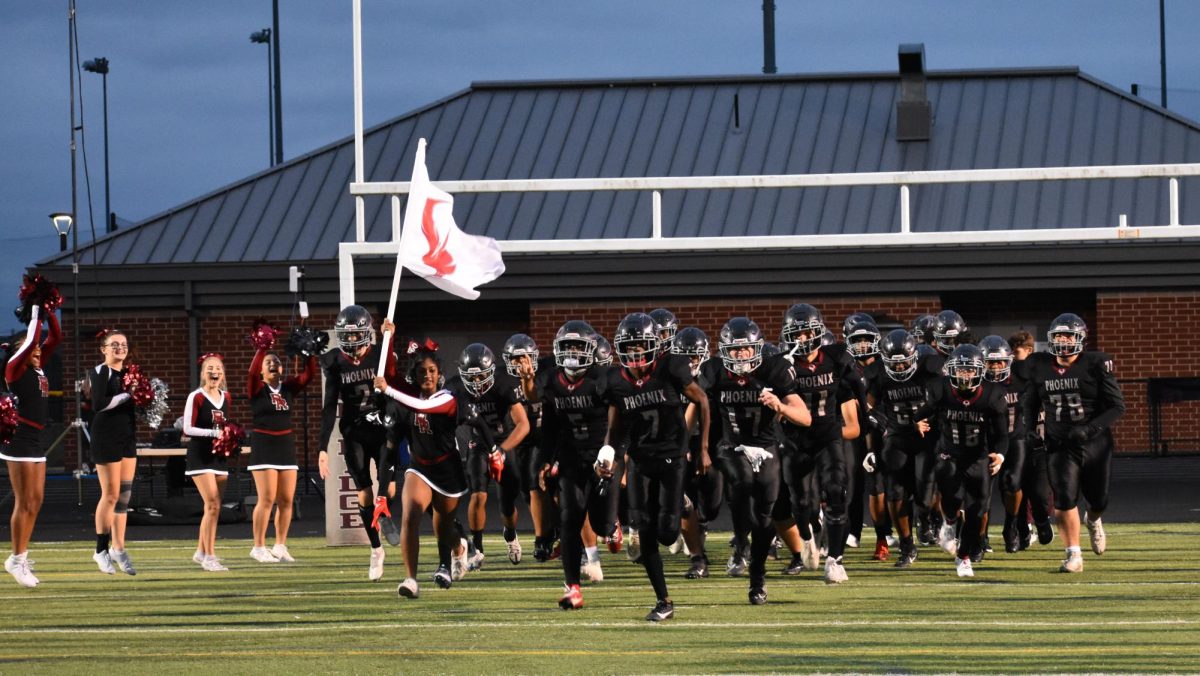

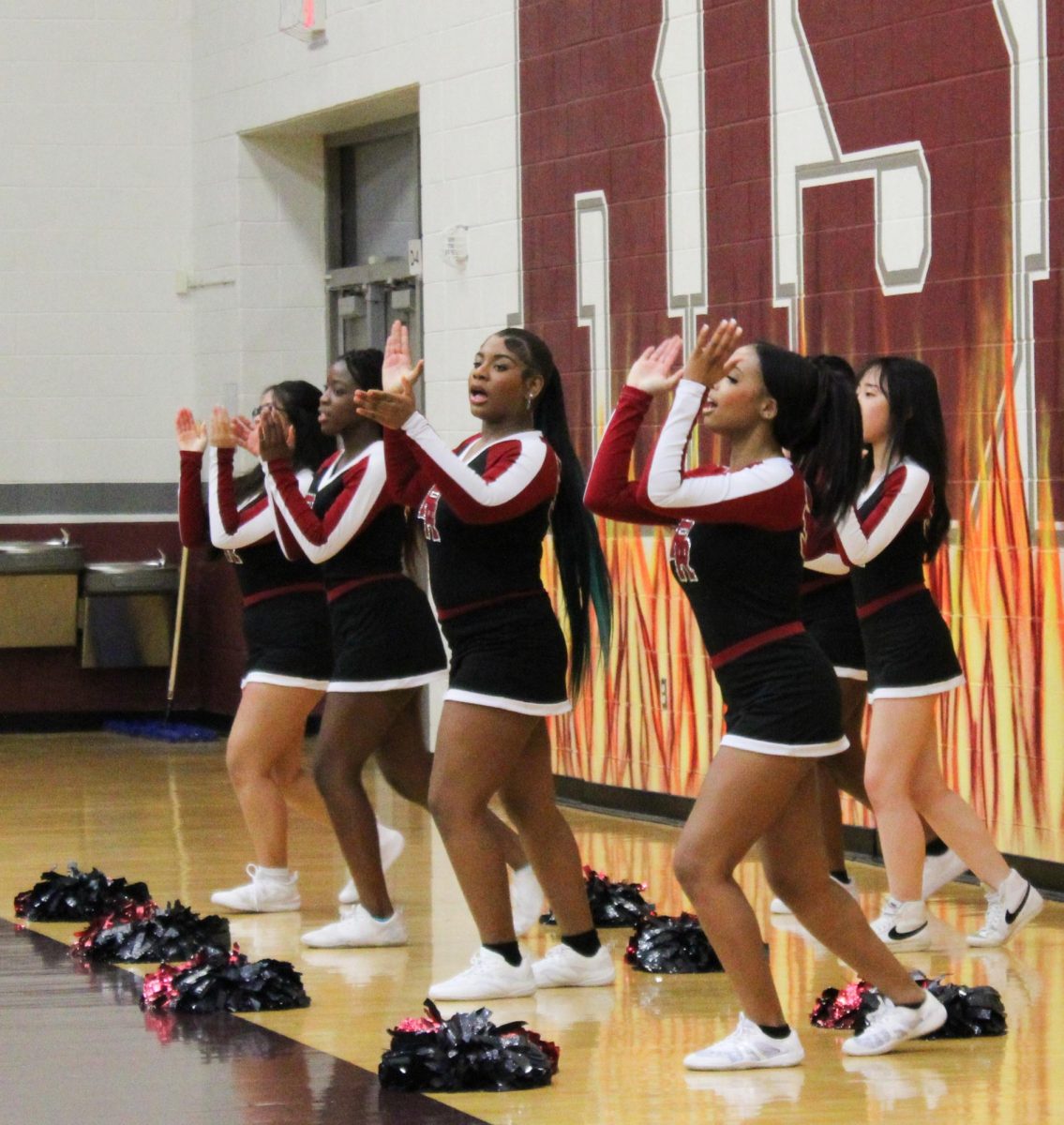
![As the referee throws the ball up for the tip-off, freshman Simone Diby leaps towards the ball to get it in Phoenix possession. Diby is a new member of the Phoenix girls basketball team, and despite it being a change, she finds it enjoyable. “It’s definitely a different experience if you’ve never played on a team, [but] I think it’s still fun.”](https://theblazerrhs.com/wp-content/uploads/2024/03/DSC_0057-1200x662.jpg)
